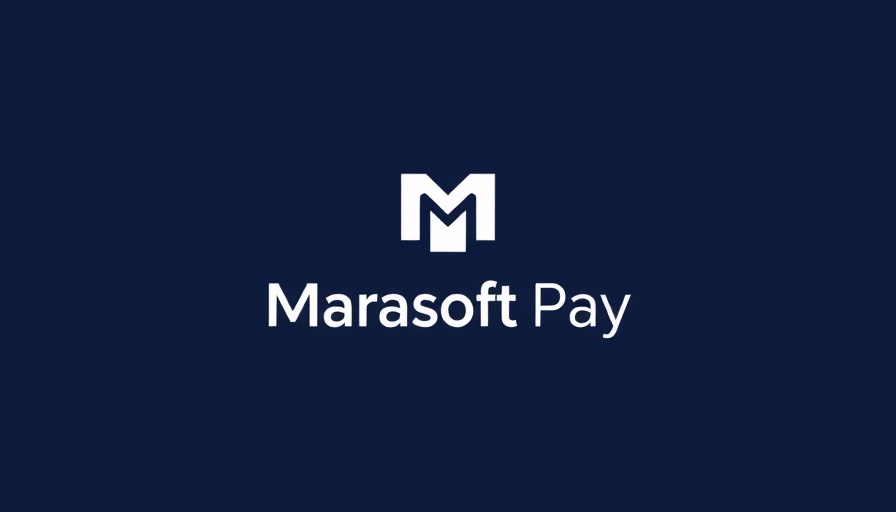
Transforming Africa’s Financial Landscape with Innovation
In a continent where financial technology is rapidly evolving, Marasoft Pay stands out as a beacon of innovation. It’s not just about making payments; it's about revolutionizing how businesses thrive in the African market. Under CEO Emmanuel Marakwe-Ogu's visionary leadership, Marasoft Pay integrates loyalty, payments, and automation to empower businesses, helping them build stronger relationships with their customers.
Understanding Marasoft Pay’s Three Pillars
At the heart of Marasoft Pay's success is the understanding that financial technology needs to cater to the entire business ecosystem. With loyalty systems that allow businesses to reward repeat customers seamlessly integrated into the payment process, it provides an advantage previously enjoyed mostly by larger corporations. Marakwe-Ogu emphasizes that this innovative approach is designed to foster customer retention, which is as vital as acquiring new customers. For tech entrepreneurs and startups in Africa, this presents an exciting opportunity to engage clients on a deeper level.
The Payment Platform of the Future
Marasoft Pay doesn’t just process transactions; it creates a comprehensive payment system that supports various methods, including bank transfers, mobile money, and digital wallets. This versatility is essential as African commerce increasingly relies on digital transactions. By ensuring high security and compliance with local regulations, it helps businesses focus on growth rather than operational hurdles. For investors in African tech trends, the scalability of Marasoft Pay marks it as a promising venture.
Embracing Automation for Efficient Growth
Automation is another game-changer in the Marasoft Pay model. The platform automates tasks like invoicing and inventory management, enabling businesses to divert their attention from mundane operations to strategic growth. This reduction in manual work improves accuracy and saves considerable time, allowing entrepreneurs to focus on scaling their ventures. The transition to automated processes is vital in today’s fast-paced digital world and resonates with the larger narrative of digital transformation in Africa.
Why This Matters for Africa's Future
As fintech continues to evolve across Africa, the alignment of customer loyalty, streamlined payment systems, and automation could pave the way for unprecedented business growth. Marasoft Pay exemplifies how technology can tackle unique challenges faced by African businesses while facilitating a smoother path for financial inclusivity. For stakeholders from tech entrepreneurs to C-suite leaders, understanding and leveraging these innovations is not just beneficial; it is imperative for success in Africa’s future.
 Add Row
Add Row  Add
Add 


Write A Comment